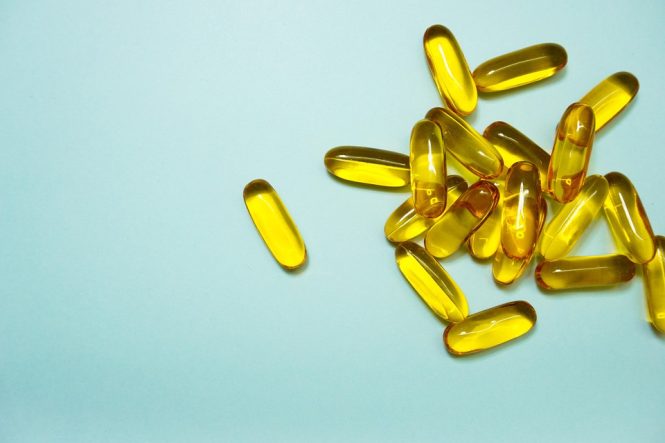
Protein Powder Pandemonium: A Comprehensive Review of the Best and Worst
The world of protein powder is a vast and overwhelming landscape, filled with countless options, claims, and promises. As a consumer, navigating this pandemonium can be daunting, especially when it comes to separating the best from the worst. In this article, we’ll delve into the world of protein powder, exploring the key factors to consider, the top-rated options, and the ones to avoid.
Understanding Protein Powder
Protein powder is a dietary supplement designed to provide a concentrated dose of protein, typically derived from animal or plant sources. It’s a popular choice among athletes, bodybuilders, and fitness enthusiasts seeking to support muscle growth, recovery, and overall health. However, with so many options available, it’s essential to understand the different types of protein powder, their benefits, and potential drawbacks.
Types of Protein Powder
- Whey Protein: Derived from milk, whey protein is a fast-digesting, complete protein containing all essential amino acids.
- Casein Protein: Also derived from milk, casein protein is a slow-digesting, complete protein often taken before bed to support muscle recovery during sleep.
- Pea Protein: A plant-based option, pea protein is hypoallergenic, highly digestible, and rich in essential amino acids.
- Egg Protein: Derived from egg whites, egg protein is a high-quality, complete protein with a medium digestion rate.
- Rice Protein: A plant-based option, rice protein is hypoallergenic, easy to digest, and rich in essential amino acids.
- Soy Protein: A plant-based option, soy protein is a complete protein with a medium digestion rate, often fortified with isoflavones.
- Collagen Protein: Derived from animal bones and connective tissue, collagen protein is rich in amino acids, particularly glycine, proline, and hydroxyproline.
Key Factors to Consider
When selecting a protein powder, consider the following factors:
- Protein Source: Choose a protein source that aligns with your dietary preferences and needs.
- Protein Content: Ensure the product contains a sufficient amount of protein per serving (typically 20-30 grams).
- Additives and Fillers: Be wary of products with excessive additives, fillers, or artificial ingredients.
- Allergenicity: If you have allergies or sensitivities, opt for hypoallergenic options like pea or rice protein.
- Certifications: Look for third-party certifications like NSF International, Informed-Choice, or the National Science Foundation to ensure quality and purity.
Top-Rated Protein Powders
Based on customer reviews, ratings, and ingredient quality, here are some top-rated protein powders:
- Optimum Nutrition Gold Standard 100% Whey: A classic whey protein with 24 grams of protein per serving and minimal additives.
- NOW Sports Pea Protein: A highly digestible, hypoallergenic pea protein with 20 grams of protein per serving.
- MusclePharm Combat Powder: A blend of whey, casein, and egg protein with 25 grams of protein per serving and added branched-chain amino acids (BCAAs).
- Vega Sport Protein: A plant-based protein blend with 20 grams of protein per serving, featuring pea, rice, and hemp protein.
- Garden of Life RAW Organic Protein: A certified organic, non-GMO protein blend with 22 grams of protein per serving, featuring a mix of plant-based sources.
The Worst Protein Powders
While opinions may vary, here are some protein powders that have received criticism for their ingredient quality, additives, or marketing claims:
- BSN Syntha-6: A whey protein with a high amount of sugar, artificial flavors, and fillers.
- MuscleTechPhase 8: A protein blend with a high amount of additives, fillers, and artificial ingredients.
- GNC Pro Performance 100% Whey: A whey protein with a high amount of lactose, making it unsuitable for those with lactose intolerance.
- RSP Nutrition TrueFit: A protein blend with a high amount of sugar, artificial flavors, and fillers.
- Universal Nutrition Animal Whey: A whey protein with a high amount of additives, fillers, and artificial ingredients.
Conclusion
Navigating the world of protein powder requires careful consideration of ingredient quality, protein content, and certifications. By understanding the different types of protein powder and key factors to consider, you can make an informed decision and choose a product that meets your needs and preferences. Remember to always read labels, research the manufacturer, and consult with a healthcare professional or registered dietitian before adding any new supplement to your diet. With this comprehensive review, you’ll be better equipped to separate the best from the worst and find the perfect protein powder to support your fitness goals.